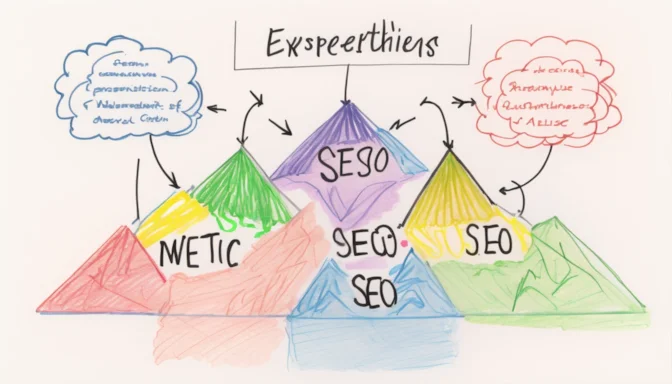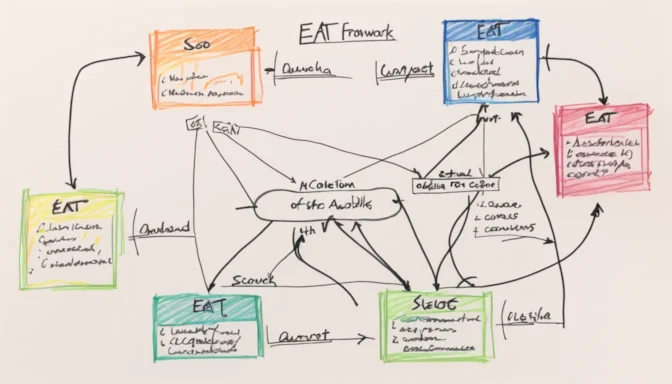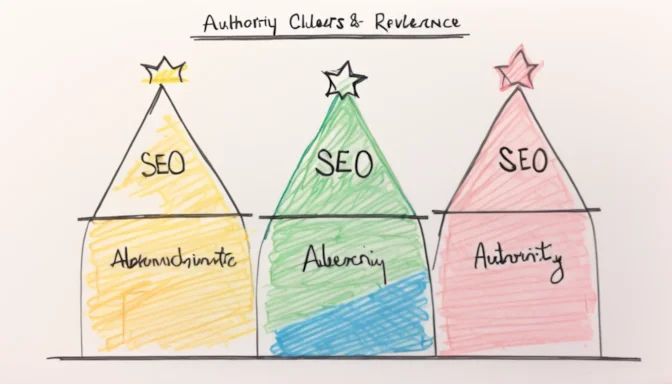What Does E-A-T Stand For in SEO?

In SEO, E-A-T stands for Expertise, Authority, and Trustworthiness. These criteria are part of Google's Search Quality Guidelines, used to assess the quality of web pages. It is essential to note that E-A-T is not an algorithm, but it plays a significant role in search engine ranking.
The Evolution to E-E-A-T

In late 2022, Google added an extra 'E' for Experience to the E-A-T framework, evolving it to E-E-A-T. This updated version considers the expertise, authoritativeness, trustworthiness, and user experience in the evaluation of web page quality.
What is the EAT Framework?

While the term 'EAT Framework' may also refer to educational assessment models, in SEO, it primarily outlines the practical application of Expertise, Authority, and Trustworthiness to web page evaluation.
Key Principles of SEO

Beyond E-A-T, there are other important SEO principles to consider, such as Authority, Relevance, and User Experience. These principles work in synergy to contribute to effective SEO strategies.
Elements of an Effective SEO Strategy

A comprehensive SEO strategy includes four basic elements: on-page SEO, off-page SEO, technical SEO, and content. Understanding these elements can help improve your website's search engine rankings and overall web traffic.
Authoritativeness in SEO

Authoritativeness refers to your reputation and influence in your industry or niche. Google quality raters are trained to evaluate the authoritativeness of both the content and the website, which can impact search rankings.
Is E-A-T a Ranking Factor?

While there's no specific E-A-T ranking factor, the concepts of Expertise, Authority, and Trustworthiness do influence Google's evaluation of web pages, thereby indirectly affecting search rankings.
E-A-T vs E-E-A-T: Spotting the Difference

The key difference between E-A-T and E-E-A-T lies in the added element of Experience in E-E-A-T. This enhanced framework considers broader factors, including the user experience, for a more comprehensive evaluation of web pages.
 E-Commerceo
E-Commerceo
